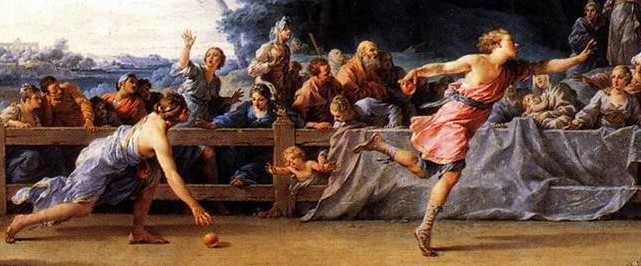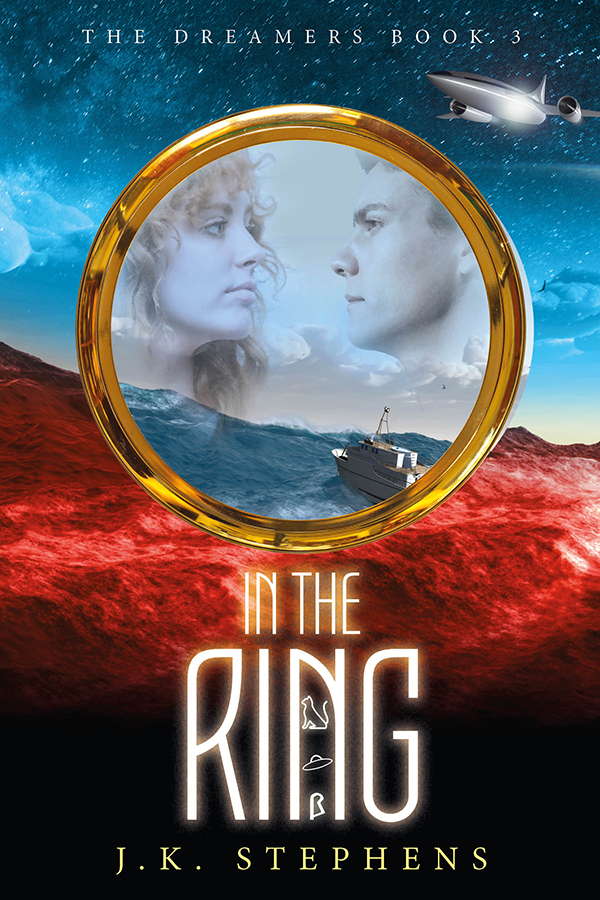To the ancient Greeks, Atalanta was a female hero renowned for her speed and strength, famed for many heroic exploits and for being the only female Argonaut. [For more on the Argonauts, see below.] When she was forced to marry, Atalanta would only agree to wed the man who could beat her in a footrace. Given her famous speed, this seemed impossible. But one of Atalanta’s suitors, Hippomenes (also known as Melanion) prayed for help and found it in high places.
The goddess of love, Aphrodite — the St. Valentine of her times — gave Hippomenes three golden apples. During the fatal footrace, whenever Atalanta started to pull too far ahead he would roll a golden apple in front of her and she would take a moment to retrieve the irresistible prize, giving him a chance to overtake her.
This scheme worked perfectly and they were married. However, Happily Ever After wasn’t a specialty of the Greek gods. What happened next is another story entirely.
About the Argonauts
The legendary Greek Argonauts were sailors upon the most challenging waters of the day. Argonaut meant a nautes or sailor on the adventure ship Argo. For one filmmaker’s conception of the adventure, here’s a link:
Also from the name Argonaut comes the modern word astronaut, meaning star-sailor. If you can think of a more poetic name for someone who risks life and limb to get into space, I’d love to hear it.








